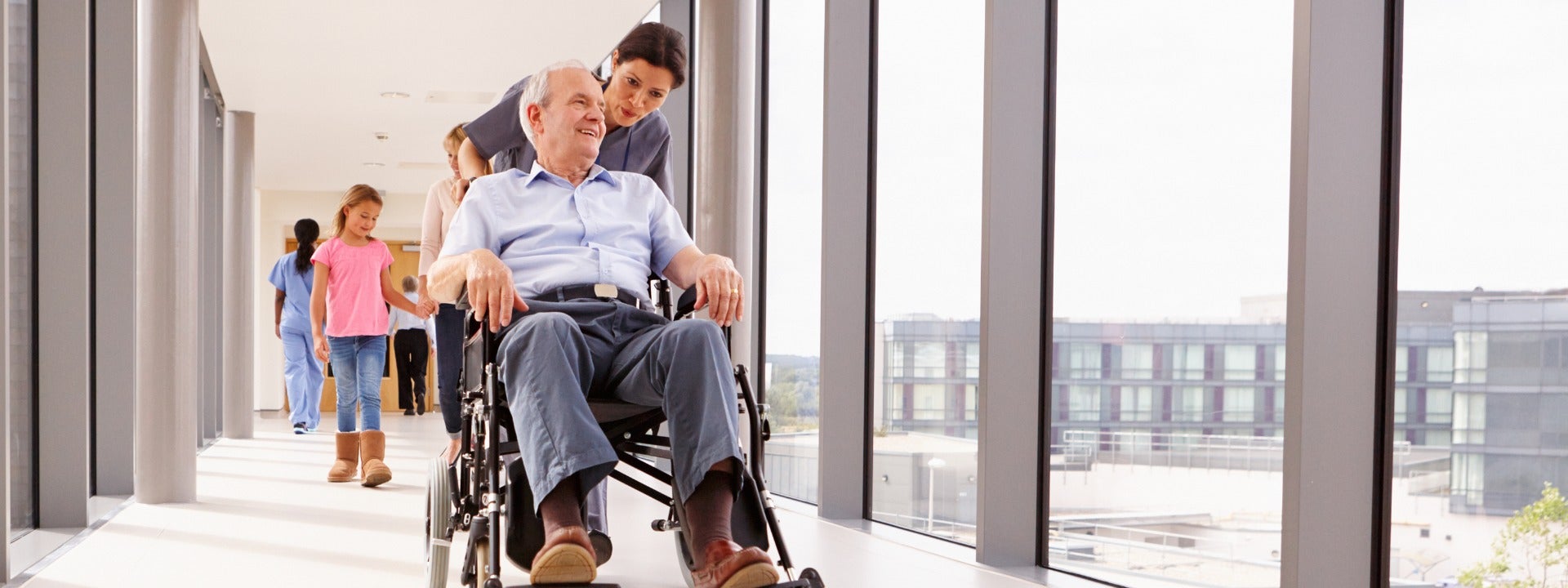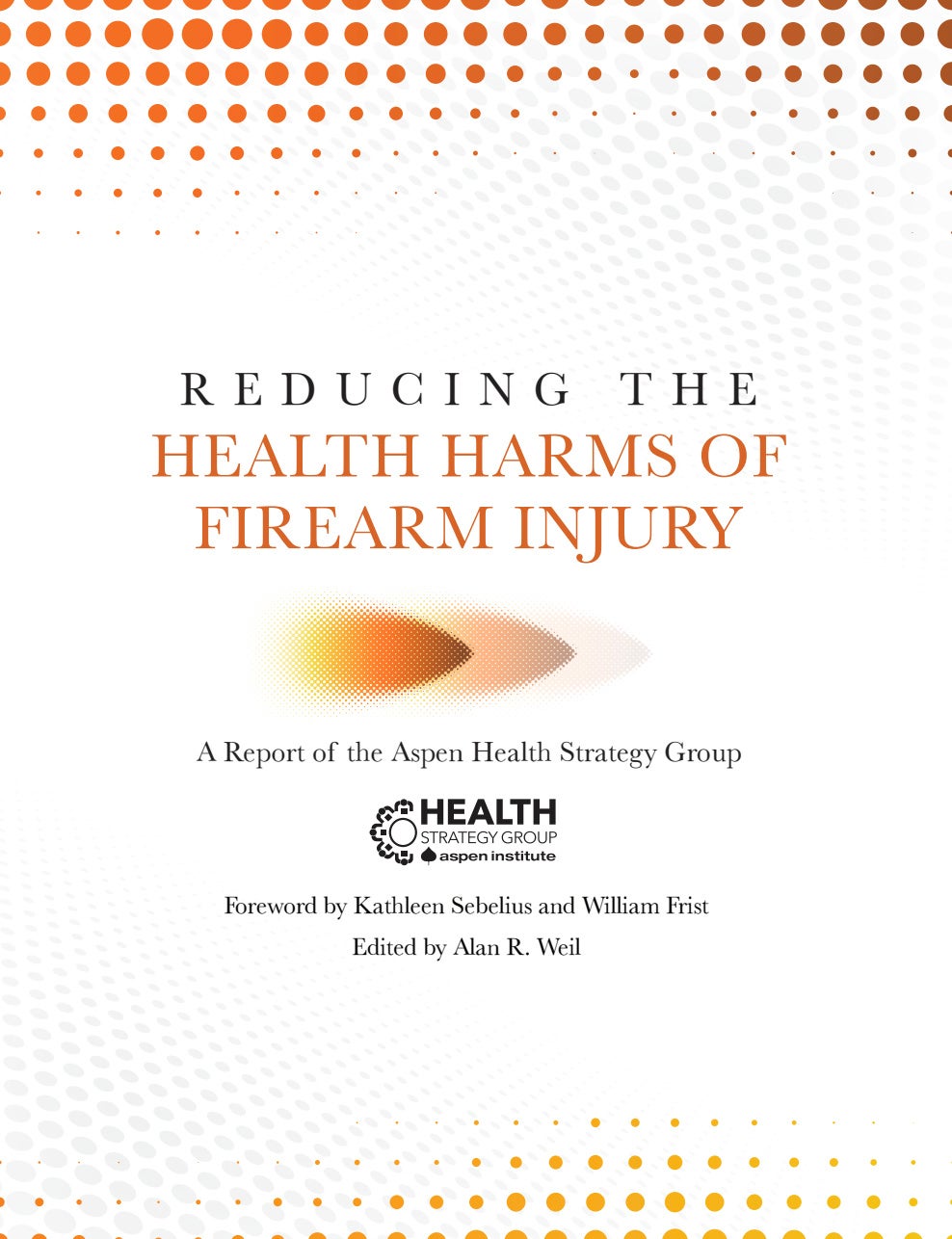Antonia Villarruel is the Margaret Bond Simon Dean of Nursing at the University of Pennsylvania School of Nursing. A bilingual, bicultural nurse researcher and leader with extensive experience among Latino and Mexican populations, her research focuses on interventions to reduce sexual risk behaviors among their youth; her program, ¡Cuídate!, has been disseminated nationally. She will speak in the 2019 program track Power to the Patient.
We spoke with her about trust and how her personal immigrant experience impacts the way she connects with patients.
You will be talking about trust. Nurses have been consistently rated as the most trusted health professionals. Can you share your thoughts on why this is?
Trust is an important component of any patient-provider relationship — but there are a number of reasons why nurses are consistently rated as the most “trusted.” First, nurses spend a tremendous amount of time with patients during their most vulnerable moments — recovering from surgery, dealing with debilitating symptoms, supporting individuals while they are developing or redeveloping skills or abilities, helping patients and families process information — and, as a result, nurses are uniquely able to anticipate and address patient concerns with their clinical and interpersonal expertise.
Second, nurses are advocates and champions for patients — throughout a myriad of experiences. Because the power differential between a patient and nurse is perceived as less than that between a patient and doctor, patients do feel more comfortable sharing concerns and questions.
Finally, for nurses, the “therapeutic use of self” is an important component of the patient-provider relationship. In other words, nurses endeavor to communicate caring, concern, encouragement, truthfulness, and hope to help patients reach their goals.
You have had a wide variety of professional experiences in nursing. Can you tell us from your patient-provider experiences things you learned about building trust?
There are a couple of key things I have learned over time. The first is to be respectful to the individual and families in your care. This means acknowledging, understanding, and supporting their care preferences. The alignment of goals is critical, and respect for patients and families is important.
Secondly, it is important to be truthful regardless of whether or not you know the answer, and whether or not you agree with decisions. Finding a way to communicate confidence in your actions or in decisions made by patients and families is important.
Much of your work has been focused on Latino youth. What have you learned from adolescents about building trust?
Adolescents want to be respected and heard. They are anxious to learn and flourish in safe environments when there is a responsible adult who speaks with them honestly, respects their challenges and decisions, and supports their approaches. Adolescents are just beginning to think about who they want to be, so providing them with an array of possibilities, and providing them with the skills to reach their dreams, is important.
How has being bilingual and bicultural influenced the perspective through which you approach your work?
From a cultural perspective, I am able to uniquely connect with many in the Latino communities. I share the immigrant experience of my family, the barriers my parents and family faced in the workplace and navigating complex systems, and specific values (e.g. respect, the importance of family) common to many Latinos. The ability to communicate in Spanish eliminates a communication barrier and facilitates the development of patient-provider relationships and trust, which are so important in health encounters.
What have you learned from your research about building trust?
Much of my research has taken place in the community context and I have learned much from my community partners. As is the case with individual patients, developing trust with partners requires being truthful, respecting each other’s strengths and expertise, and sharing power and responsibility. As an example, I have built strong partnerships with community agencies in the process of conducting research. I have been approached many times by colleagues who want my help in “opening doors” and getting communities to partner with them on different projects. I make it clear that I can facilitate an introduction, but I don’t play the gatekeeper role. Communities are capable of making decisions about who they will work with and priorities within their community. Similarly, when communities ask for my help with different projects or initiatives, I commit to what I can do and make connections with others if I don’t have the time or expertise. This is an example of mutual respect and commitment that are essential in building trust.
Your curriculum ¡Cuídate!, aims to reduce risky sexual behavior among Latino youth. What kind of feedback have you received from those who have worked through the program?
¡Cuídate! was a success because it was a program geared toward Latinos and diversity within the population, incorporating the cultural attitudes, beliefs, and norms. As ¡Cuídate! was disseminated, we provided a framework and guides to best adapt the program to local needs without affecting the components (e.g. self-efficacy to negotiate abstinence and safer sex practices) that we knew to be effective. Additionally, I was available to work with community groups and trainers to help solve issues never encountered during the research phase. It is not an uncommon response for communities to be skeptical of the curriculum — they believe their communities are different. I ask them to “not alter the dress without first trying it on.” Once they have gone through training and have actually implemented the curriculum, we review what went well and what adjustments might need to be made. This has resulted in community members taking ownership of ¡Cuídate! because they experienced the positive reactions of youth and families, believed they were having a positive impact in their roles, and were able to add and modify approaches.
Do you think trust in nurses translates at the board and policy level?
Absolutely! Nurses take seriously the trust they have earned from individuals, families, and communities, and are strong advocates. Nurses, more than other professions, advocate for changes that go beyond the health system and payment reforms for professional education and practice. Nurses understand and appreciate the multiple contexts that can support health and know the policy changes that need to made at the local, state, and national levels.
What would you say to others who are considering a career in nursing?
This is a great time to be a nurse! The opportunities to positively impact individuals, families, and communities are endless! As the most trusted group of health professionals, we must use our voice to promote health for all.
The views and opinions of the author are her own and do not necessarily reflect those of the Aspen Institute.


